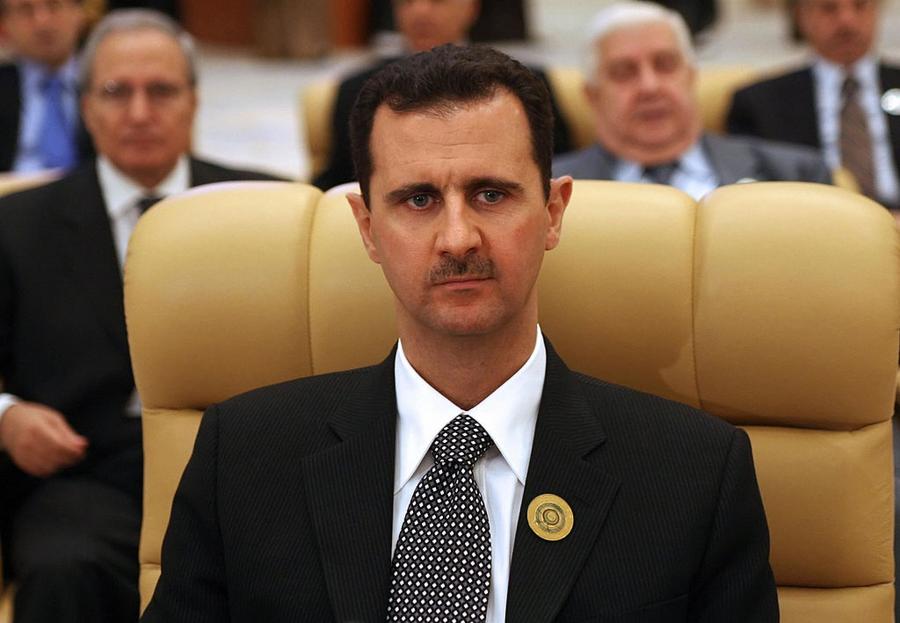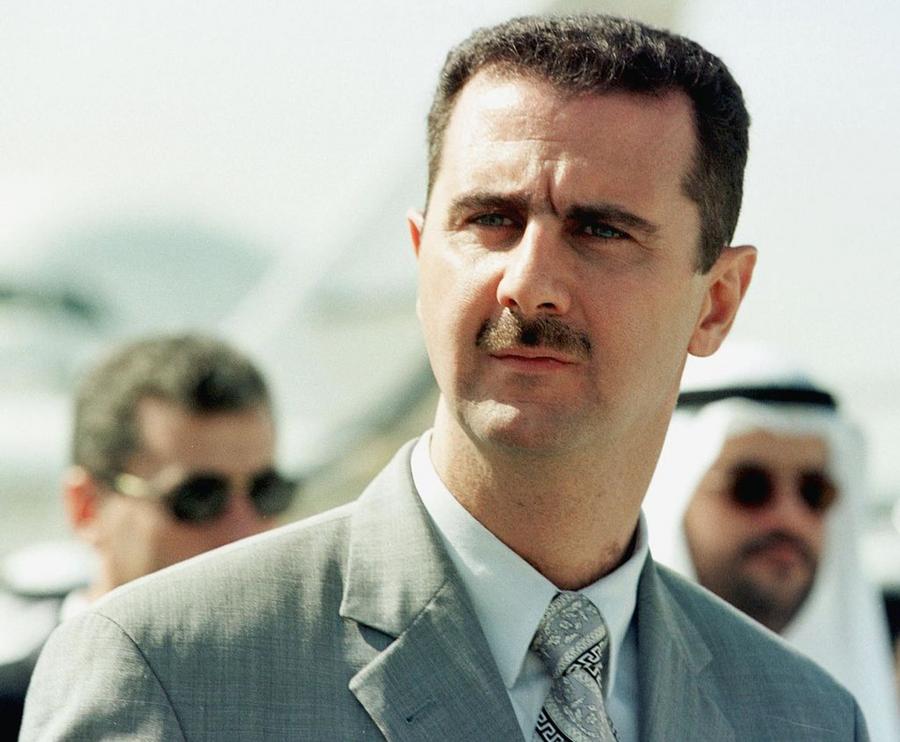Bashar al-Assad at a Glance
- Categories: Politicians, Politicians > Presidents
- Net Worth: $1.5 Billion
- Birthdate: Sep 11, 1965 (58 years old)
- Birthplace: Damascus
- Gender: Male
- Profession: Politician, Physician
- Nationality: Syria
- Height: 6 ft 2 in (1.89 m)
Bashar al-Assad Net Worth: A Look at the Syrian President’s Wealth, Power, and Controversies
Introduction: The Enigmatic Leader
Bashar al-Assad, the current President of Syria, is a figure of immense controversy. Leading the country since 2000, following the death of his father, Hafez al-Assad, his tenure has been marked by both political turmoil and significant economic disparity. This article delves into the financial standing of Bashar al-Assad, exploring his reported net worth, the vast wealth controlled by his family, and the political landscape that has shaped his controversial reign.
Net Worth and Family Fortune: A Deep Dive
Bashar al-Assad’s personal net worth is estimated to be around $1.5 billion, a figure that has remained a topic of much speculation and debate given the lack of transparency surrounding Syrian finances. However, this sum pales in comparison to the estimated wealth controlled by the al-Assad family. Reports suggest the family controls a staggering 60-75% of the Syrian economy. This economic dominance has allowed them to amass an estimated total family wealth ranging from $60 to $120 billion. This massive fortune is believed to be diversified across various assets, including:
- Real Estate: Extensive property holdings within Syria and potentially abroad.
- Natural Resources: Control over key sectors, including oil, gas, and other valuable resources.
- Art and Jewelry: A collection of high-value items, reflecting a taste for luxury.
- Investments: Diverse investments both within Syria and internationally.
The accumulation of such wealth, amidst widespread poverty and a devastating civil war, has fueled significant criticism of Assad and his regime.
Early Life and Education: From Doctor to Leader
Born on September 11, 1965, in Damascus, Syria, Bashar al-Assad initially pursued a career in medicine. He is the third of five siblings, and his early life was shaped by the political ambitions of his father, Hafez al-Assad, who seized power in 1970. Bashar received his education at the Arab-French al-Hurriya School and later studied medicine at Damascus University. After graduating in 1988, he served as an army doctor at the Tishrin Military Hospital near Damascus. He later pursued postgraduate training in ophthalmology at the Western Eye Hospital in London.
Political Ascendancy: The Path to Power
Bashar al-Assad’s path to power took a dramatic turn in 1994 when his older brother, Bassel, who was being groomed to succeed their father, died in a car accident. Following this tragic event, Bashar was called back to Syria and began a rapid ascent within the political and military hierarchy. His father orchestrated his political and military training. By 1999, Assad held the rank of colonel in the elite Syrian Republican Guard. He also took steps to consolidate his power, including a widely publicized “campaign against corruption” that served to eliminate potential rivals. Furthermore, he was strategically positioned as the president of the Syrian Computer Society, demonstrating his ability to adapt to the modern world and control information flow.
Presidency of Syria: Years of Conflict and Controversy
Upon the death of his father in June 2000, Bashar al-Assad became President of Syria. The minimum age requirement for the presidency was lowered to 34, paving the way for his succession. His presidency has been dominated by complex political developments and conflicts, which have brought widespread criticism and human rights accusations. These include:
- The Syrian Civil War: The Arab Spring of 2011 triggered widespread protests, leading to a brutal government crackdown. This ultimately escalated into a devastating civil war that continues to plague the nation.
- Human Rights Violations: Assad’s regime has been accused of widespread human rights abuses, including the use of chemical weapons against civilians, systematic torture, and the imprisonment of political opponents.
- International Condemnation: The United States, the European Union, and many Arab League nations have called for Assad’s resignation and have imposed sanctions against his regime.
- Elections: Assad has been re-elected in controversial elections, notably in 2007, 2014, and 2021, where opposition was limited and international observers were largely absent.
These actions have left Syria in a state of extreme poverty and humanitarian crisis.

(Photo credit should read HASSAN AMMAR/AFP via Getty Images)
Policies and International Relations: A Complex Web
As President of Syria, Bashar al-Assad has implemented policies that have further isolated the country on the international stage and contributed to significant internal strife. Key aspects of his policies include:
- Oppressive Policies: His regime is known for its oppressive and unjust policies that have contributed to widespread poverty.
- Economic Sanctions: Extensive economic sanctions from the West have significantly impacted Syria’s economy.
- Crimes Against Humanity: The regime stands accused of widespread human rights violations, including imprisonment, torture, and murder of political opponents.
- International Alliances: Assad has cultivated relationships with groups and nations that oppose the West, including North Korea, Russia, and various militant groups.
Russia’s military intervention in 2015 significantly helped Assad’s government maintain control during the Civil War.

RABIH MOGHRABI/AFP/Getty Images
Personal Life: Family and Background
Shortly after assuming the presidency in 2000, Bashar al-Assad married Asma Akhras, a British-Syrian woman. Together, they have three children: Hafez, Zein, and Karim. Assad is fluent in English and has conversational skills in French, reflecting his education and international exposure. However, his personal life and family have also faced intense scrutiny in the context of the political turmoil affecting Syria.
Conclusion: A Legacy of Power and Controversy
Bashar al-Assad’s presidency has been a period of profound transformation and conflict for Syria. His estimated personal net worth of $1.5 billion is overshadowed by the vast wealth controlled by his family, raising questions of ethics and wealth disparity. From his education as a doctor to his controversial leadership of Syria, Bashar al-Assad’s legacy is deeply intertwined with the country’s political and economic landscape. His policies have been subject to strong criticism from the West and have sparked a protracted civil war. His actions have left a lasting mark on Syrian society, leading to widespread devastation and human suffering. His story highlights the complex interplay of wealth, power, and the devastating consequences of political decisions.

